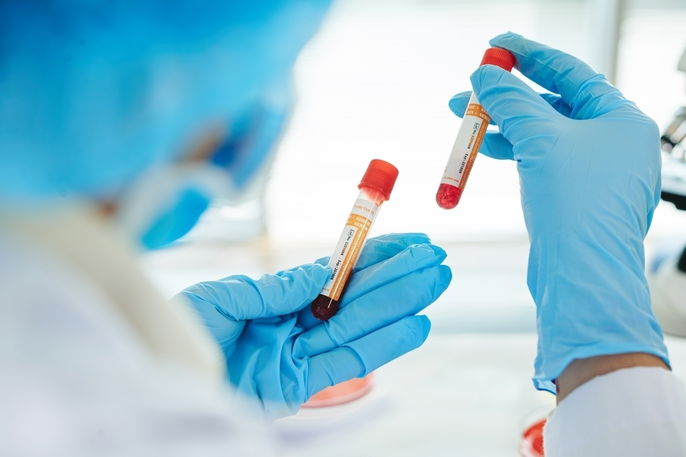Hyperaldosteronism is the increased production of aldosterone by the adrenal glands. Aldosterone is a hormone that is responsible for regulating sodium and potassium levels in the blood.
Hyperaldosteronism leads to high aldosterone levels, which causes sodium levels to rise and potassium levels to fall. This leads to abnormalities in osmotic pressure and pH levels, leading to high blood pressure.
Hyperaldosteronism is more commonly diagnosed in women between 30 and 50 years of age. It is important that it is diagnosed once signs and symptoms appear so that treatment can be initiated to prevent worsening hypertension. The doctor may prescribe medications like diuretics and antihypertensives.

Common symptoms
The main symptoms of hyperaldosteronism are:
- Weakness
- Tingling
- Muscle spasm
- Increased urinary frequency
- Increased thirst
- Cramping
- Paralysis, in most serious cases
If you notice any signs and symptoms that may indicate hyperaldosteronism, it is important to consult a general practitioner or endocrinologist for testing. The doctor may order bloodwork to check aldosterone, sodium and potassium levels, or imaging tests to visualize the kidneys and adrenal glands.
Main causes
Hyperaldosteronism can be classified into two main types, depending on what causes it:
- Primary hyperaldosteronism, which is caused by the presence of a tumor in the adrenal gland;
- Secondary hyperaldosteronism, which occurs due to increased production of renin. Renin is an enzyme produced and released by kidney cells and plays a role in increasing or decreasing blood pressure.
Primary hyperaldosteronism can also be caused by adrenocortical carcinoma, ovarian neoplasia or angiotensin-responsive adenomas, while secondary hyperaldosteronism can be a consequence of nephrotic syndrome or liver cirrhosis.
Treatment options
Treatment for hyperaldosteronism should be guided by a cardiologist, endocrinologist or general practitioner. It mainly aimed at regulating blood pressure by tracking fluid intake and taking diuretic and/or hypertensive medications. Some patients may also benefits from a high blood pressure diet.
Also recommended: Blood Pressure Medications: Types, Side Effects & When to Stop tuasaude.com/en/blood-pressure-medicationsIn cases whee high aldosterone levels are caused by an adrenal gland tumor, the doctor may advise surgical removal.






























